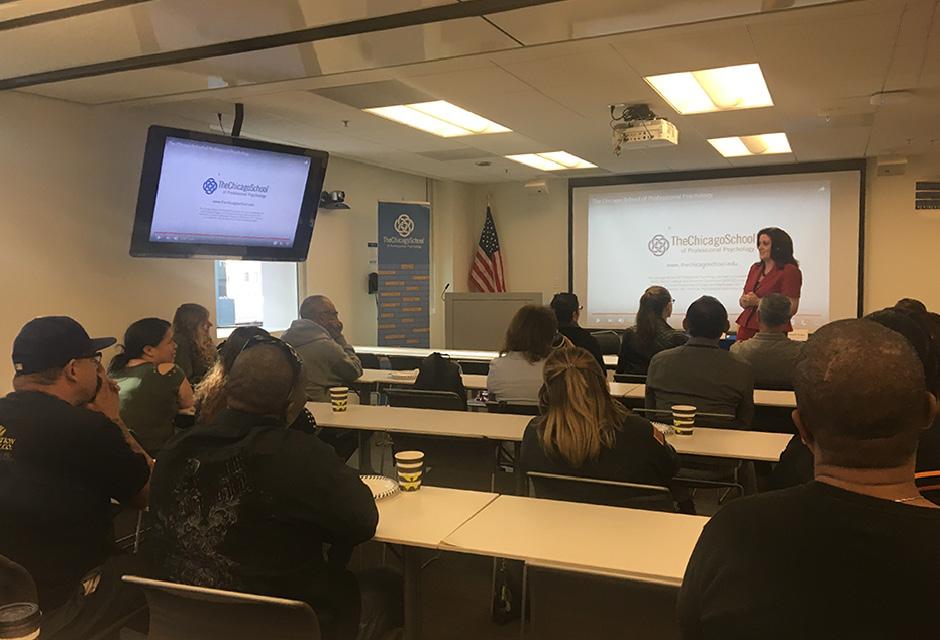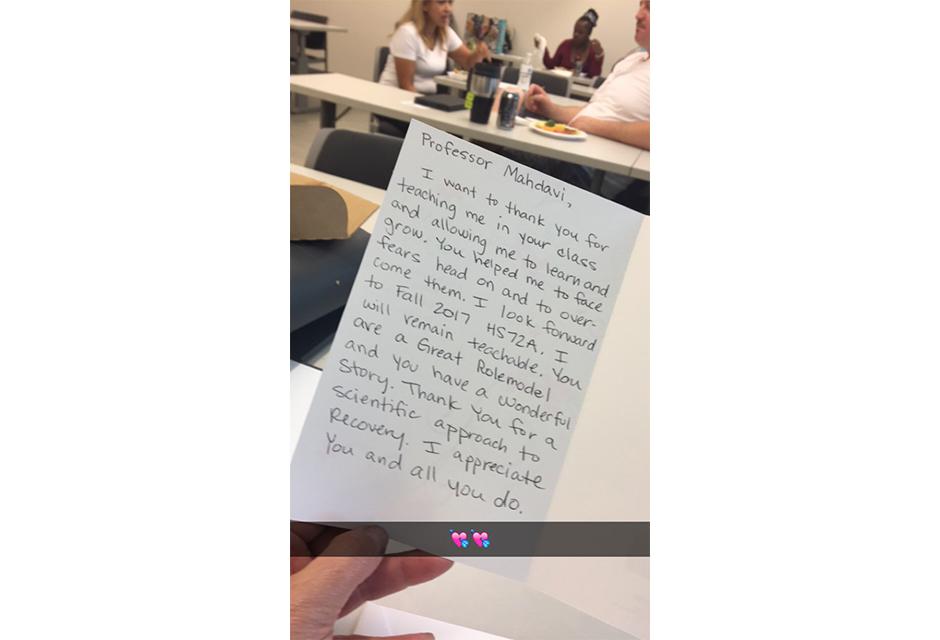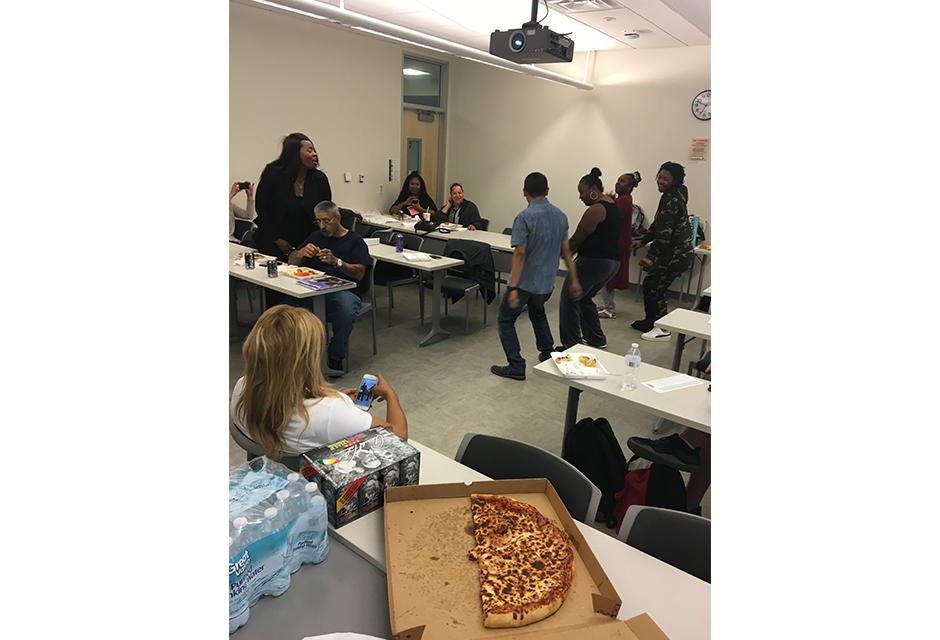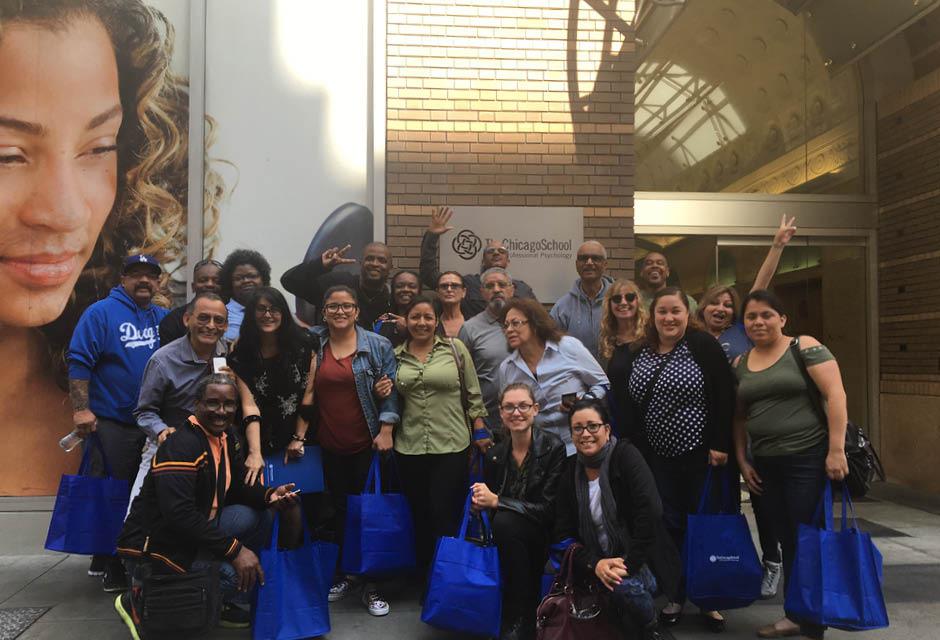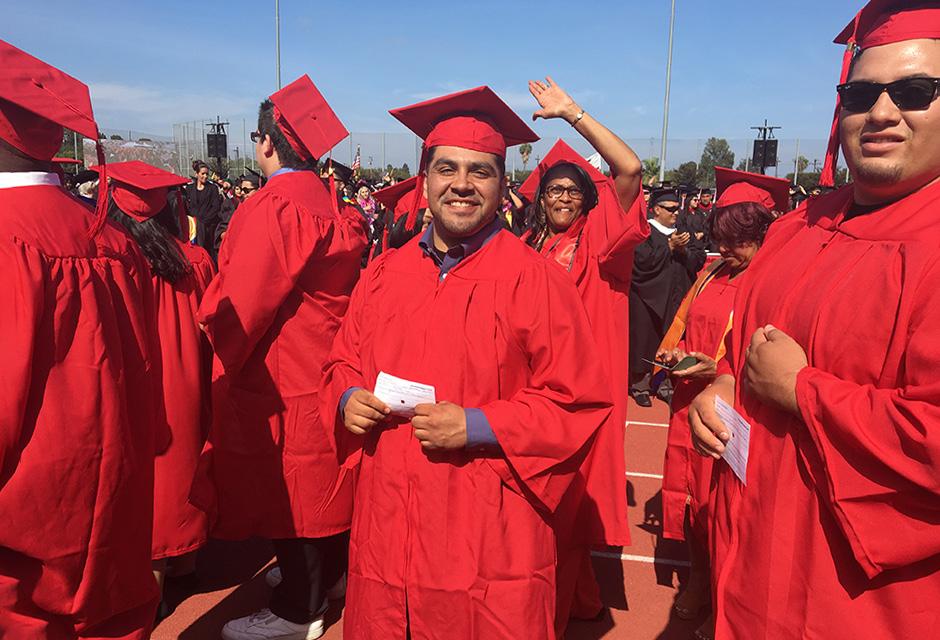Human Services Addiction Studies
The Addiction Treatment Counseling and Mental Health Studies Program is grounded in the belief that every individual has the inherent capacity for growth, recovery, and resilience. Addiction and mental health challenges are viewed through a holistic lens that recognizes the complex interaction of biological, psychological, social, and spiritual factors.
Our philosophy embraces evidence-based and culturally responsive practices that honor human dignity, promote social justice, and value the diverse experiences of individuals and communities. The program is built on the principles of compassion, ethical responsibility, and lifelong learning—preparing professionals who can integrate theory, research, and practice to foster healing and systemic change.
The mission of the Addiction Treatment Counseling and Mental Health Studies Program is to educate and empower students to become skilled, ethical, and compassionate professionals who support individuals, families, and communities affected by addiction and mental health disorders.
Through a rigorous and integrative curriculum, experiential learning, and community engagement, the program aims to:
- Prepare graduates to provide trauma-informed, person-centered, and culturally competent care.
- Develop professionals capable of applying current research and best practices in counseling and mental health treatment.
- Promote advocacy, equity, and inclusion within behavioral health systems.
- Cultivate reflective practitioners who uphold the highest ethical and professional standards in their work.
Our graduates emerge ready to serve as leaders and change agents in a variety of clinical, community, and educational settings—advancing the health and well-being of diverse populations and contributing to the transformation of the behavioral health field.
The Addiction Treatment Counseling and Mental Health Studies (ATCMHS) program at Long Beach City College is a clinical program that provides students with the opportunity to fulfill state-approved certification requirements of California for job placement and workforce development.
Accreditation Statement & Contact Info
The Addiction Treatment Counseling and Mental Health Studies (ATCMHS) program at LBCC is accredited by the California Association of Alcohol & Drug Educators, 5230 Clark Ave., Lakewood, CA 90702, 707-722-2331.
Our Accreditation status with the California Association of Alcohol & Drug Educations (CAADE) can be confirmed by viewing the October 22, 2022 Addiction Counselor Certification Board of California’s letter of accreditation. The college’s accreditation status is currently confirmed through October 26, 2025.
CAADE LBCC Accreditation Letter
Long Beach City College is an approved Substance Use Disorders Educational Institution as certified by the California Association of DUI Treatment Program CADATP.
DEGREES & CERTIFICATES
Human Services Addiction Studies, Associate in Arts (AA)
Addiction Studies, Certificate of Achievement (ACH)
View all LBCC’s Programs of Study and Curriculum Guides
(New students need to refer to the current academic year for the most up-to-date info)
| Receiving a Degree/Certificate | Class Schedule | Make an Appointment |
CAREER INFO
Students learn the skills and knowledge necessary to transfer to upper-division programs in Social Work, Psychology, Behavior Analysis, Health and Human Services. Upon completion of the program, students become eligible to work as Addiction Treatment Counselors in treatment facilities.
- The Associate Degree will prepare students for an entry-level position in the human services/alcohol and drug treatment field and for career advancement for those already employed in these occupations.
- The Certificate of Achievement will prepare students for an entry-level position in the alcohol/drug treatment field. This certificate fulfills the California Association of Alcohol & Drug Studies (CAADE) and the California Association of Alcohol & Drug Studies Abuse Counselors (CAADAC) academic and work experience requirements. Additional work experience plus passing their test will lead students to become Certified Addiction Treatment Counselor (CATC).
POTENTIAL JOBS
Start your career as a professional and/or specialist in the area below!
- Certified Addiction Treatment Counselor (CATC)
- CATC I with College Certificate
- CATC II with AA Degree
- CATC III with Bachelor’s Degree
- CATC IV with Master’s Degree
- CATC V with Doctorate Degree
- Addiction Treatment Counselors
- Case Manager
- Entry Level Supervisor
- Intake Specialists
- Program Managers
- Social Worker
To explore potential jobs in this field of study, we strongly urge you to visit LBCC Career Center. Working with a career counselor, we will assess your strengths, skills, interests, and accomplishments to help you identify internship opportunities and career goals that match your educational and professional needs.
FAQ
Is the Addiction Studies Program at LBCC accredited?
Yes. We are an accredited program by the California Association for Drug and Alcohol Educators (CAADEE).
How long is the duration of the program?
Approximately two years.
Where can I find information on the program required courses, prerequisite courses, and fieldwork classes?
Please refer to College Catalog for program course information.
Can I take the Fieldwork courses at the same time in one semester?
NO. The Fieldwork courses each must be completed in one full semester.
Where can I complete my hours?
In the facilities that will be provided by the college on the official “site list”.
When do I need to register as an intern with a certifying agency?
At least four to five weeks prior to enrolling in the first Field work class.
When can I take the state exam?
Upon the successful completion of the last fieldwork class.
Are there professional opportunities once I graduate from this program?
Yes! The majority of our students become employed during their internships or shortly after graduation.
In what field can I continue my higher education post-graduation from LBCC?
There are numerous options, such as Clinical Psychology/MFT, Psychotherapy, Social Work, Human Services, Public Health, Behavioral Health Sciences, and much more.


